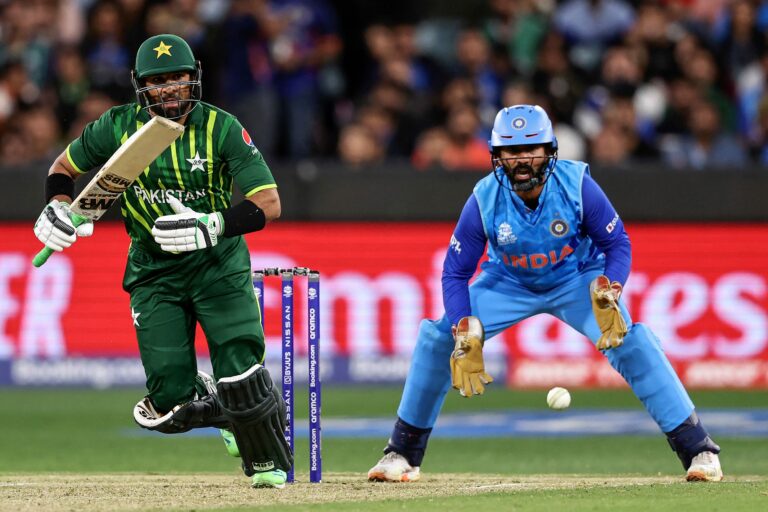Understanding the Role of Protein in Cricket Fitness
skyexch win, world777 com id, goldbet7 com:When it comes to cricket fitness, protein plays a crucial role in helping players achieve peak performance on the field. From building muscle to aiding in recovery, protein is essential for cricketers looking to excel in their game.
Building Muscle:
Protein is often referred to as the building block of muscle, and for good reason. When you engage in strength training exercises, such as weightlifting or resistance training, you are breaking down muscle fibers. Consuming an adequate amount of protein helps to repair and rebuild these muscles, leading to increased strength and muscle mass over time.
Recovery:
Cricket matches can be physically demanding, leaving players fatigued and sore. Protein plays a key role in the recovery process by providing the necessary amino acids to repair damaged tissues and promote muscle recovery. Incorporating protein-rich foods into your post-match meals can help speed up the recovery process, allowing you to bounce back quicker for your next game.
Energy:
Protein is not only important for building muscle and recovery but also for providing a sustained source of energy. Unlike carbohydrates, which are quickly burned for fuel, protein takes longer to digest and can help keep you feeling full and energized throughout the day. This can be particularly beneficial for cricketers who have long hours of training and matches that require endurance and stamina.
Injury Prevention:
Protein plays a vital role in maintaining the health of tendons, ligaments, and other connective tissues in the body. By consuming an adequate amount of protein, cricketers can help reduce their risk of injuries, such as strains and tears, which can sideline them from playing the sport they love.
How much protein do cricketers need?
The amount of protein required varies depending on the individual’s weight, goals, and activity level. As a general guideline, it is recommended that cricketers consume between 1.2-2.0 grams of protein per kilogram of body weight per day. For example, a 70kg cricketer would aim to consume between 84-140 grams of protein daily to support their training and performance goals.
Sources of Protein:
There are many sources of protein available to cricketers, including lean meats, poultry, fish, eggs, dairy products, legumes, nuts, and seeds. It’s important to include a variety of protein sources in your diet to ensure you are getting all the essential amino acids needed for muscle growth and repair.
FAQs:
Q: Can I get enough protein from plant-based sources?
A: Yes, plant-based sources such as legumes, nuts, seeds, and tofu can provide adequate protein for cricketers. It’s important to mix and match these sources to ensure you are getting a complete amino acid profile.
Q: When is the best time to consume protein for muscle recovery?
A: Consuming protein within 30 minutes to an hour after a workout or match can help kickstart the recovery process and promote muscle repair.
Q: Is it possible to consume too much protein?
A: While protein is essential for cricket fitness, consuming excessive amounts can put strain on the kidneys and liver. It’s important to consume protein in moderation and focus on a balanced diet overall.
In conclusion, protein plays a vital role in cricket fitness by aiding in muscle building, recovery, energy production, and injury prevention. By incorporating protein-rich foods into your diet and consuming an adequate amount daily, you can support your training and performance goals on the cricket field.







